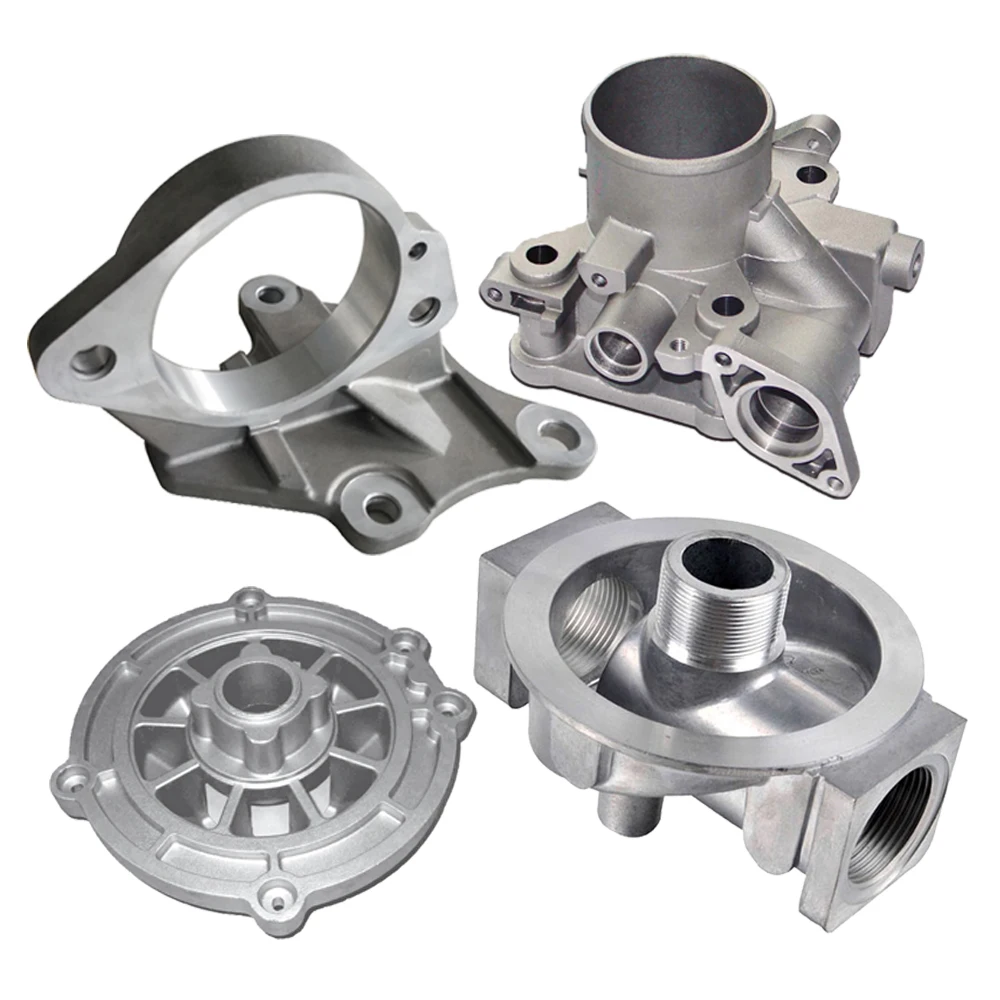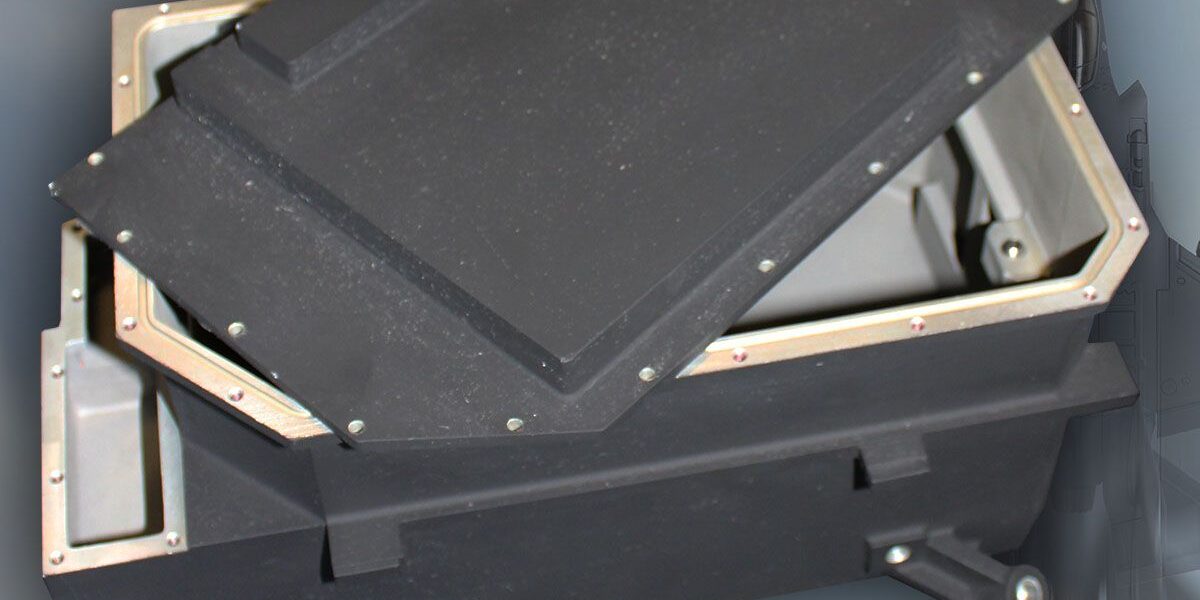A Comprehensive Overview to Picking the Right Factory Solutions for Your Project Needs
Selecting the right factory services is vital for the success of any task. Each casting technique-- sand casting, investment spreading, and pass away casting-- has unique advantages. Understanding these alternatives helps in making notified decisions. Product choice, production capabilities, and high quality guarantee are essential variables to think about. Furthermore, evaluating prices can impact lasting feasibility. Aluminum Foundry. What elements should direct this decision-making procedure?
Understanding the Various Types of Factory Providers
While the world of factory solutions may appear complex initially look, recognizing the different kinds can substantially improve the manufacturing procedure. Factories commonly focus on casting steels, and the main types consist of sand spreading, investment casting, pass away spreading, and centrifugal casting.
Sand spreading entails creating molds from sand and is suitable for huge components or low-volume production. Financial investment spreading, on the various other hand, uses high accuracy for complex layouts, making it ideal for aerospace or clinical applications. Pass away spreading, identified forcibly liquified steel right into mold and mildews under high stress, is effective for mass manufacturing of smaller sized components.
Centrifugal casting utilizes rotational force to distribute liquified steel, generating solid, round components. Each solution kind is and has distinctive benefits picked based upon particular project requirements. Understanding these distinctions allows suppliers to choose the most suitable shop solution, inevitably improving efficiency and item quality.
Key Aspects to Take Into Consideration in Product Choice
Choosing the suitable material for factory solutions is a crucial step that influences the total success of a task. Trick consider product selection consist of mechanical residential properties, thermal resistance, and rust resistance - Aluminum Foundry. Recognizing the intended application and its requirements is important; products have to withstand functional stress and anxieties while preserving integrity with time
One more important consideration is the product's compatibility with the chosen production process, as some products are better matched for certain techniques. Cost-effectiveness additionally plays a considerable function, as budget plan constraints can limit alternatives.

Lastly, accessibility and lead times of materials can affect task timelines, making it essential for job managers to assess these factors completely. By thoroughly examining these components, one can assure an extra effective and effective factory solution experience.
Assessing Manufacturing Capacities and Technologies
Just how effectively a shop can satisfy task requirements depends upon its manufacturing capacities and innovations. A thorough analysis of these components is crucial for job success. Production capabilities encompass the shop's capability to deal with varying task complexities, sizes, and timelines. Understanding the foundry's equipment and equipment is crucial, as modern-day technologies such as computer mathematical control (CNC) machining and advanced mold-making strategies can significantly boost accuracy and performance.
Furthermore, the factory's usage of cutting-edge products and processes, such as 3D printing or lost foam spreading, can provide advantages regarding style flexibility and cost-effectiveness. It is additionally navigate to these guys vital to examine the foundry's capacity to scale manufacturing, making sure that they can accommodate future boosts popular without endangering quality. By meticulously examining these aspects, job supervisors can make enlightened decisions concerning which foundry is ideal suited to fulfill their certain production requirements and technological expectations.
Relevance of Quality Control in Metal Casting
Quality guarantee stands as an important column in the metal spreading sector, making certain that every component satisfies rigorous specifications and requirements. This procedure entails systematic tracking and evaluation of each stage of manufacturing, from first design to final assessment. Applying rigorous quality control procedures boosts the reliability and performance of cast elements, minimizing the chance of defects that can compromise structural stability.
Additionally, reliable quality assurance fosters count on web in between shops and customers, as adherence to high criteria represents commitment to excellence. It likewise lessens expensive rework and delays, improving manufacturing procedures. By determining potential issues early, quality control not only safeguards the end item but additionally adds to constant enhancement within the foundry's procedures. Inevitably, focusing on quality control in metal casting is important for attaining customer fulfillment and maintaining an affordable side in the sector.
Examining Cost-Effectiveness and Budget Restrictions
While traversing the intricacies of factory services, evaluating cost-effectiveness and spending plan restrictions becomes an essential factor for businesses. Recognizing the overall price of ownership involves even more than just the first price; it calls for an analysis of long-term costs, including products, labor, and operational effectiveness. Companies must request in-depth quotes that outline all prospective costs, allowing a more clear comparison in between different factories.
In addition, companies have to examine their specific job requirements against spending plan limitations. This includes reviewing the trade-offs between reduced prices and prospective influence on quality, lead times, and integrity. It is vital to consider whether the picked shop offers scalable services that can suit future requirements without substantial check here financial strain. By very carefully stabilizing price factors with project goals, companies can make educated decisions that maximize both spending plan and performance, guaranteeing successful results for their shop tasks.
Regularly Asked Inquiries
How Can I Guarantee Timely Delivery of My Foundry Project?

What Qualifications Should a Factory Company Have?
A respectable foundry provider ought to possess qualifications such as ISO 9001 for top quality monitoring, ISO 14001 for environmental monitoring, and industry-specific accreditations that demonstrate conformity with safety and efficiency standards pertinent to the casting procedure.
Can I Visit the Factory Before Deciding?
Yes, visiting the factory prior to choosing is usually recommended. This permits potential clients to analyze the facility, satisfy the group, and assurance that the solutions align with their details project demands and standards.
What Is the Typical Lead Time for Personalized Castings?
The normal preparation for custom-made spreadings varies from four to twelve weeks, depending upon the intricacy of the layout, material specs, and the shop's capacity. Timely interaction can often accelerate the procedure.
How Do Shops Handle Style Adjustments Throughout Production?
Factories typically fit layout changes during production by carrying out adaptable processes. They examine the effect on timelines and expenses, connect with customers, and adjust workflows to ensure high quality while decreasing disturbances to the production schedule.
